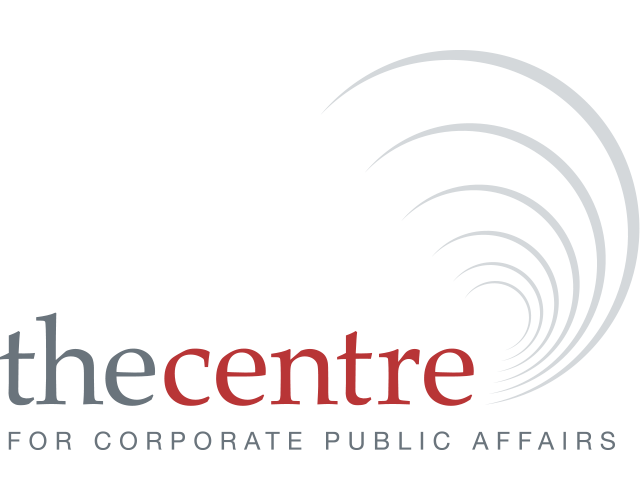Knowledge Centre
Items on this page are a taste only of the thousands of articles, podcasts, and videos housed in our Knowledge CentrePlease login for full access. If your organisation is a Centre member and you do not have log in details, please email thecentre@accpa.com.au. If you have forgotten your password, you can reset it here.
The Insidious Effects of Hurrying
Kandi Viens, Harvard Business ReviewIn today’s fast-paced world the pressure to do more, achieve more, and be more in less time has become a pervasive part of modern life. Studies on professional service firms found the majority of respondents described their jobs as “highly demanding, exhausting, and chaotic,” and also took it for granted “that...
WEGA Gender Equality Scorecard 2023-2024
Workplace Gender Equality AgencyGender equality is clearly on the agenda in Australian workplaces. 90 per cent of employers have a policy or strategy to support gender equality in the workplace. More employers are seeking to reduce their gender pay gaps and improve gender equality in their organisations, including in workforce composition,...
Why not all rule-breaking is bad for businesses
Sam Forsdick, RaconteurWorkforce miscreants have been in the firing line recently, as companies crack down on corporate rule-breakers. Both EY and Meta have recently dismissed staff for flouting company policies.
The Long-Term Costs of Layoffs
by Didier Elzinga and Amy Lavoie, Harvard Business ReviewWhile layoffs can lead to short-term financial benefits, research shows just how much of an impact they can have on employee engagement, morale, and loyalty — and how long that negative impact can last.
Can virtual work experience help diversify early talent pipelines?
Sam Forsdick, RaconteurAirbus, Barclays and John Lewis are among a growing number of employers offering virtual work experience opportunities but do these remote placements offer the same benefits to students and businesses?
Why Companies Should Consolidate Tech Roles in the C-Suite
Thomas H. Davenport, John Spens and Saurabh Gupta, Harvard Business ReviewRecently, some organisations have begun to recognise the downside of C-level proliferation and decided to consolidate senior technology and data roles. These individuals – referred to as “SuperTech” leaders – are most likely to be known as chief information officers but they also have broad responsibility for data...
Going all in: Why employee ‘will’ can make or break transformations
Dominic Skerritt and John Parsons with Mary Lass Stewart, Matt Schrimper, and Nicolette Rainone, McKinsey & CompanyTapping the organisation’s collective energy to implement change is crucial for transformation success. A three-step process creates the momentum to meet the challenges ahead.
When Bonuses Backfire
Dirk Sliwka and Timo Vogelsang, Harvard Business ReviewWhy do bonuses sometimes backfire? It’s because each incentive design choice both signals information about your own beliefs and intentions as an employer and shapes the signalling value of employee behaviour within the organisation.
4 Warning signs of ethical burnout on your team
by Richard Bistrong, Dina Denham Smith, and Ron Carucci, Harvard Business ReviewHigh stress at work can destabilise people’s ethical compass, putting them at heightened risk of ethical lapses. When employees focus solely on achieving their targets, deadlines, or personal financial goals at the expense of ethical considerations they can teeter on “ethical burnout.
What employees say matters most to motivate performance
Asmus Komm ,Brooke Weddle, and Dana Maor, McKinsey & CompanyThe past few years have been a confounding time in performance management. Disruptions of long-standing workplace norms have led many employees to rethink their expectations of employers regarding remote work, employee burnout, and work–life balance.
